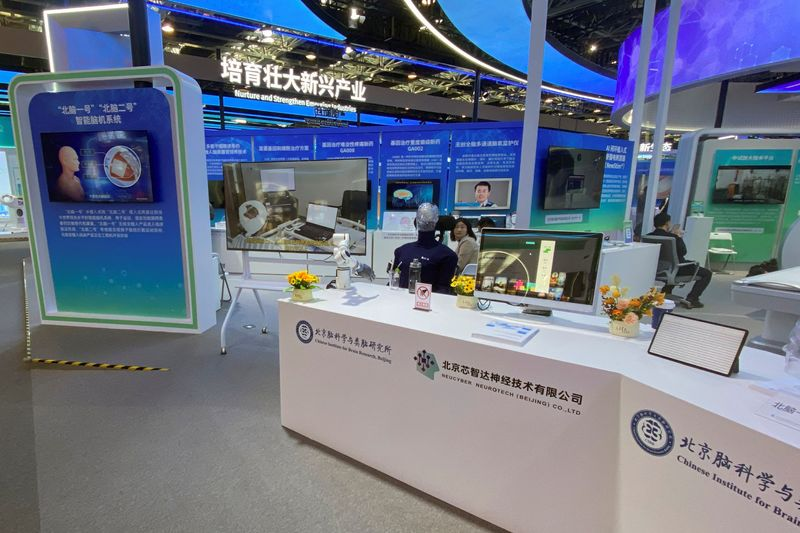A Chinese brain chip project, a collaboration between the Chinese Institute for Brain Research (CIBR) and NeuCyber NeuroTech, is accelerating its human trials with the goal of implanting its semi-invasive, wireless Beinao No.1 brain chip into 13 patients by the end of 2025. This move could potentially outpace Elon Musk’s Neuralink in terms of the number of patient data collected.
In the past month, three patients have already received the Beinao No.1 implant, with 10 more scheduled for this year. Next year, the project plans to expand further with a formal clinical trial involving around 50 patients, subject to regulatory approval. This rapid acceleration of human trials could position Beinao No.1 as the brain chip with the highest number of patients worldwide, placing China in direct competition with other leading brain-computer interface (BCI) developers.
While U.S.-based Synchron, which counts Jeff Bezos and Bill Gates as investors, currently leads in human trials with 10 patients, Neuralink’s own wireless brain chips have been tested on three patients. Beinao No.1 is a semi-invasive BCI, placed on the brain’s surface, offering less risk of brain tissue damage compared to Neuralink’s deep brain-implant approach.
Videos recently released by state media showed patients with paralysis using the Beinao No.1 chip to control a robotic arm, showcasing its potential to aid individuals with mobility issues. Despite the early success, CIBR and NeuCyber face challenges in securing sufficient investment, as their project is positioned more for long-term medical benefits than short-term commercial gain.
















